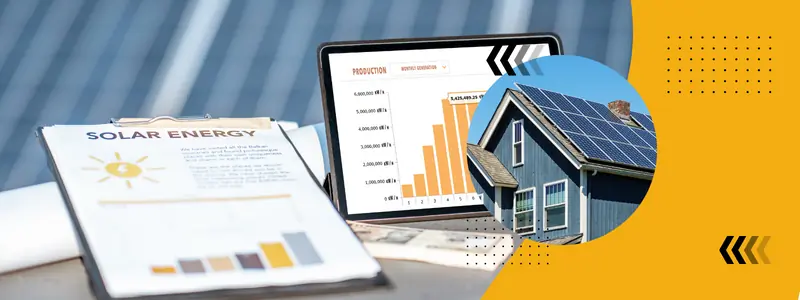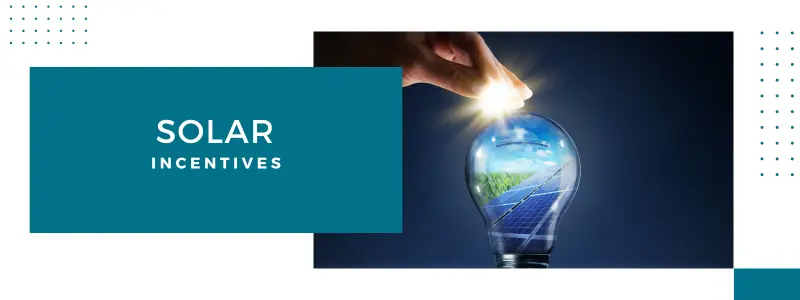Discover the Power of Solar Energy in Oregon!
Welcome to Oregon, a state renowned for its stunning natural landscapes, environmental stewardship, and a strong commitment to renewable energy. With its diverse climate ranging from the rainy Pacific Coast to the sunny high desert, Oregon offers a unique opportunity for solar power generation across its varied regions. The state?s progressive energy policies, generous incentives, and community support for green initiatives make solar energy an increasingly attractive option for Oregonians. Homeowners and businesses are turning to solar to power their homes and operations, reducing energy costs and contributing to a cleaner, more sustainable environment. Learn how embracing solar power can light up your life, lower your carbon footprint, and help Oregon maintain its leadership in environmental conservation. Join us in harnessing the renewable power of the sun and stepping into a brighter, greener future in the Beaver State.
Explore Your Rooftop's Solar Potential
Discover how much solar energy your rooftop can generate. Enter your address below:




